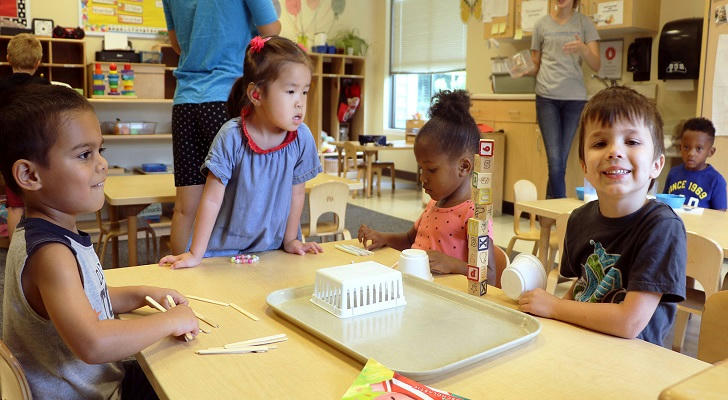Exploring Careers in Early Childhood Education
Early childhood education (ECE) focuses on children from birth to age eight—a critical period for brain development, emotional regulation, and social learning. For those drawn to child development and education, this field offers a variety of professional roles that combine care, creativity, and long-term impact.

Part One: Understanding Early Childhood Education
Early childhood education includes preschool programs, kindergarten, childcare centers, and home-based learning. These settings promote language skills, motor coordination, problem-solving, and emotional well-being.
According to the Center on the Developing Child at Harvard University, up to 90% of brain development occurs before age five. This emphasizes the importance of having skilled professionals guide early learning experiences.
Part Two: Common Roles in the Field
Preschool Teacher
Preschool teachers lead structured learning activities for children ages 3–5. Their role blends instruction with play and encourages social skills, early literacy, and critical thinking.
Qualifications may include:
- An associate or bachelor's degree in early childhood education
- State teaching certification for preschool settings
Childcare Center Director
Center directors manage staff, create curriculum plans, ensure safety compliance, and liaise with parents and licensing agencies.
Typical requirements:
- Bachelor’s degree in education, administration, or related field
- Several years of classroom or childcare experience
Family Childcare Provider
These professionals offer home-based care and learning. They create small-group environments and often provide care across multiple age groups.
Requirements vary by state and may include:
- Home licensure
- Basic training in child safety and development
Early Intervention Specialist
Working with children experiencing developmental delays, early intervention specialists assess needs, design individualized plans, and coordinate care with families and health providers.
Common backgrounds include:
- Special education
- Speech-language pathology
- Occupational therapy
Teacher Assistant or Paraprofessional
Supporting classroom teachers, these professionals help with instruction, behavior guidance, and one-on-one learning.
Qualifications typically include:
- High school diploma or associate degree
- On-the-job training or ECE coursework
Part Three: Core Skills for Success
Beyond formal education, professionals in ECE benefit from key traits:
- Patience: Essential for working with young learners
- Creativity: Used to design engaging activities
- Strong communication: With both children and adults
- Observation: Helps identify milestones or challenges early
- Organization: Balances lesson planning, documentation, and supervision

Part Four: Education and Certification Pathways
ECE professionals can begin their training through community colleges, universities, or vocational programs. Degrees in early childhood education often include coursework in developmental psychology, classroom management, and curriculum planning. Some states require:
- CPR and first aid training
- Background checks
- Continuing education credits
Accreditation plays a major role. Programs aligned with the National Association for the Education of Young Children (NAEYC) standards help ensure a consistent quality of instruction.
Part Five: The Job Outlook
According to the U.S. Bureau of Labor Statistics (BLS), employment for preschool teachers is projected to grow by 3% from 2022 to 2032. This matches the national average for all occupations.
Employment opportunities remain stable, especially in areas with expanding populations. Public policy and research have both contributed to increased recognition of ECE as an essential service.
(Source: U.S. Bureau of Labor Statistics, Occupational Outlook Handbook, Preschool Teachers)
Part Six: Getting Started
For those interested in exploring a career in early childhood education, starting with local training providers or volunteer opportunities in childcare settings can offer hands-on exposure. Talking to current professionals may also offer practical insight into different roles and career paths.
Those planning for a long-term future in ECE may consider pursuing further education while gaining experience in classrooms, centers, or home-based settings.

Conclusion
Early childhood education offers a diverse range of career options centered around the developmental needs of young children. Whether working in preschools, homes, or specialized intervention services, professionals in this field have the opportunity to influence a child’s growth in meaningful ways. With the right training, mindset, and commitment, individuals can build lasting and rewarding careers in ECE.
References:
- Center on the Developing Child, Harvard University
- U.S. Bureau of Labor Statistics
- National Association for the Education of Young Children (NAEYC)
